
Partner with Kun for your 3PL solutions sign up to say goodbye to supply chain headaches. At Kun, our dedicated team transforms logistics complexity into operational excellence, reducing costs and boosting efficiency. Partner with us to enhance your customer experience and drive your business forward. Ready to simplify your operations and achieve real results?
Fill the form today and leverage your business to the next level!

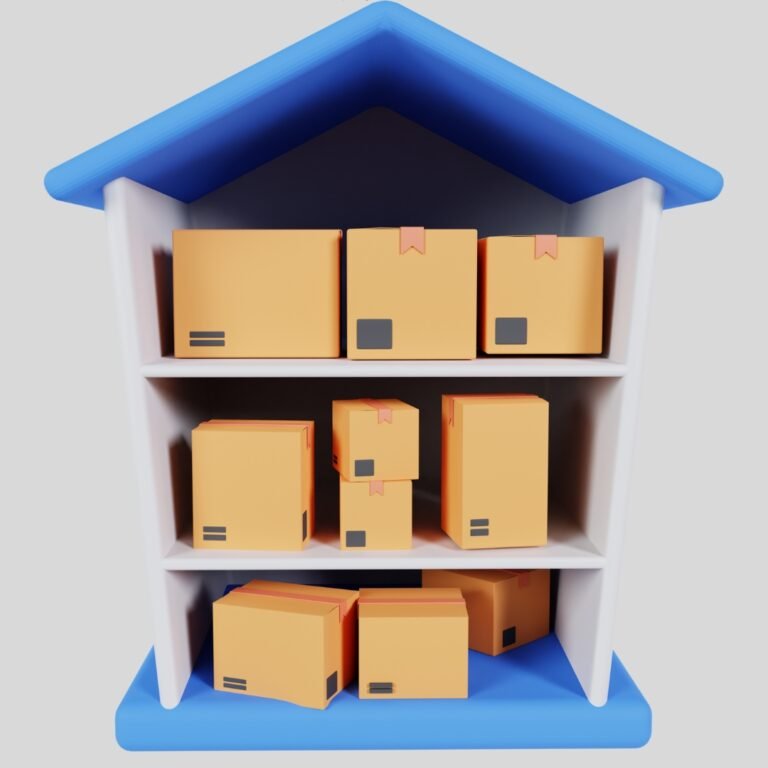
We offer additional perks for your business for fast business growth. These include:

Get in touch with Kun Fulfilment today to learn how we can streamline your logistics and fulfilment processes. Request a quote or contact us for more information on how our 3PL services can help your business grow.
At Kun Fulfilment, we offer a wide range of 3PL services to help your business thrive
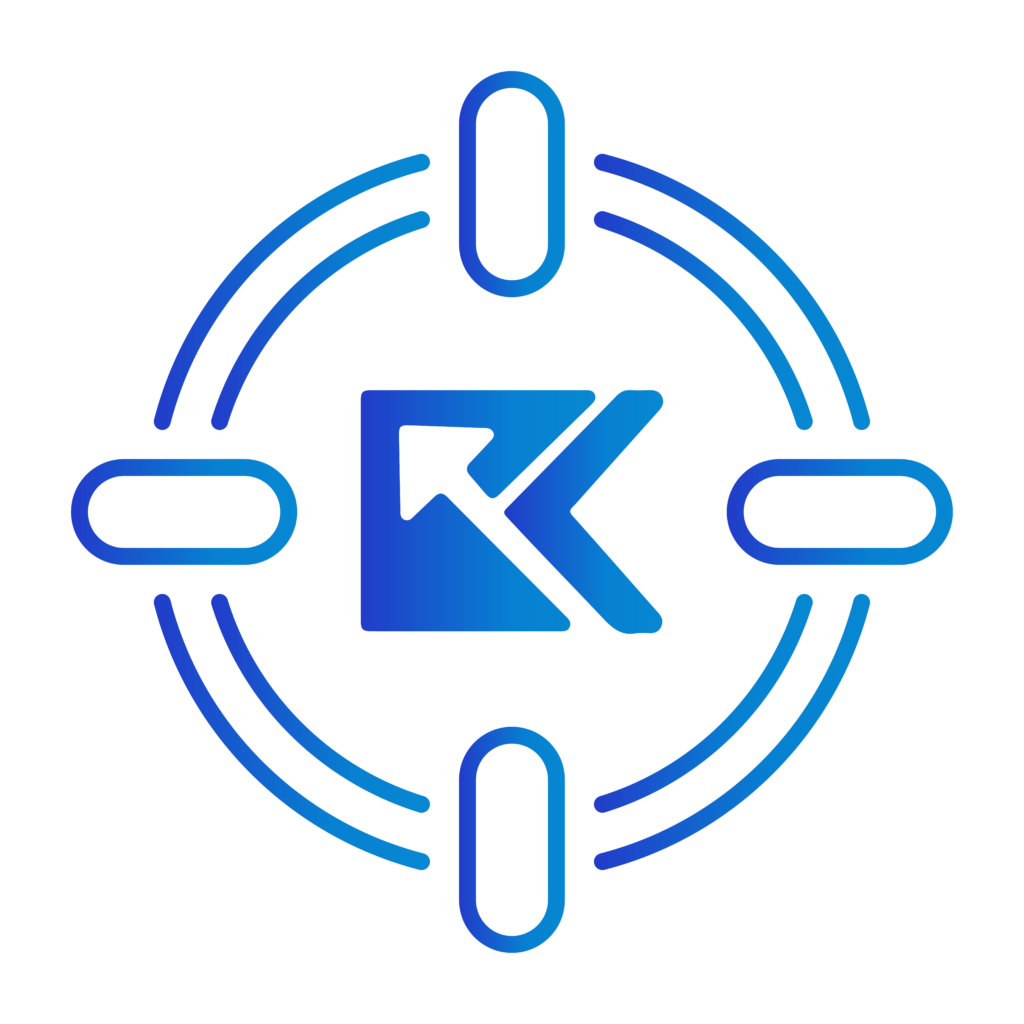
Integrate your platform with the advanced systems that various 3PL companies provide. There. orders, inventory, and returns are automatically synced with 3pl software for effortless management and real-time tracking.

When orders come in, they are picked, packed, and prepared for shipping. At Kun Fulfilment, each order undergoes strict quality checks to maintain accuracy and customer satisfaction.
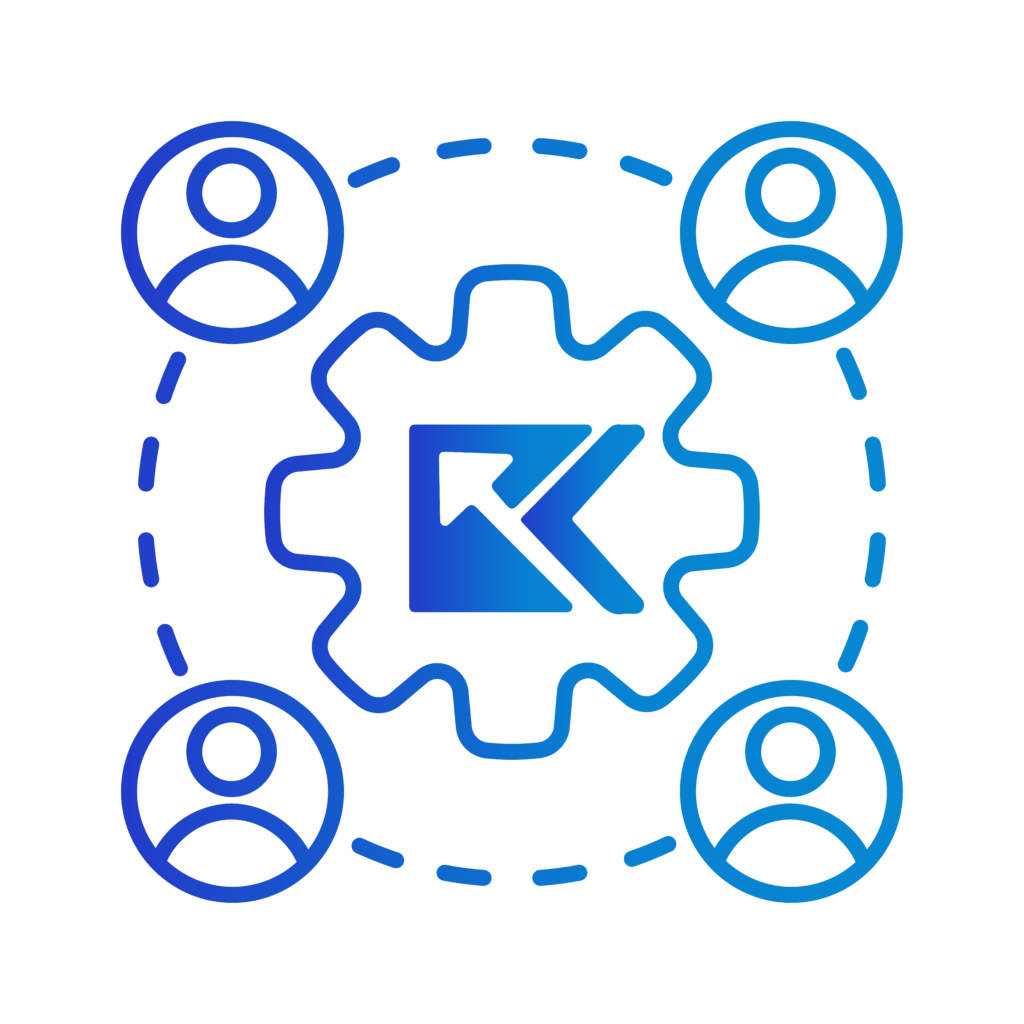
Support for sales across all major platforms, including Shopify, Amazon, eBay, and more.
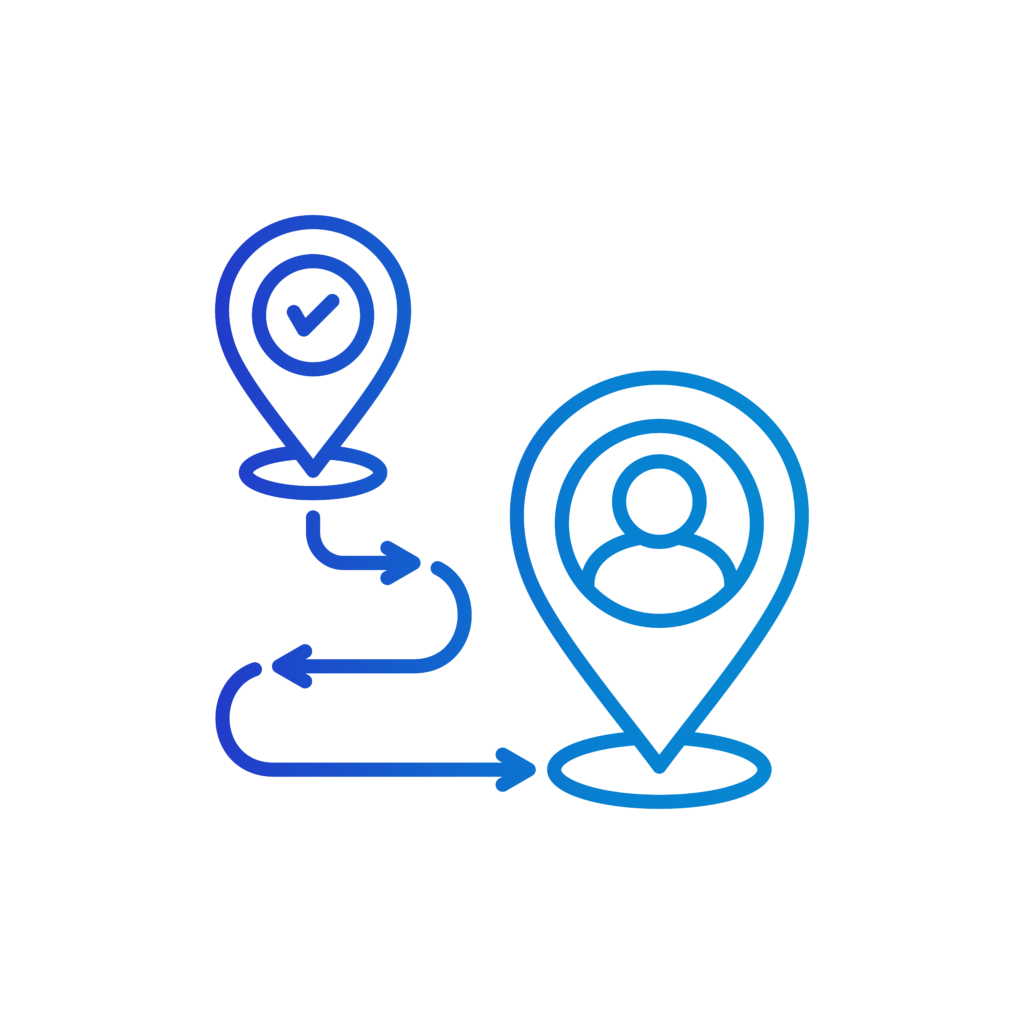
Reliable and affordable global shipping solutions.
Efficient reverse logistics to manage returns and exchanges.
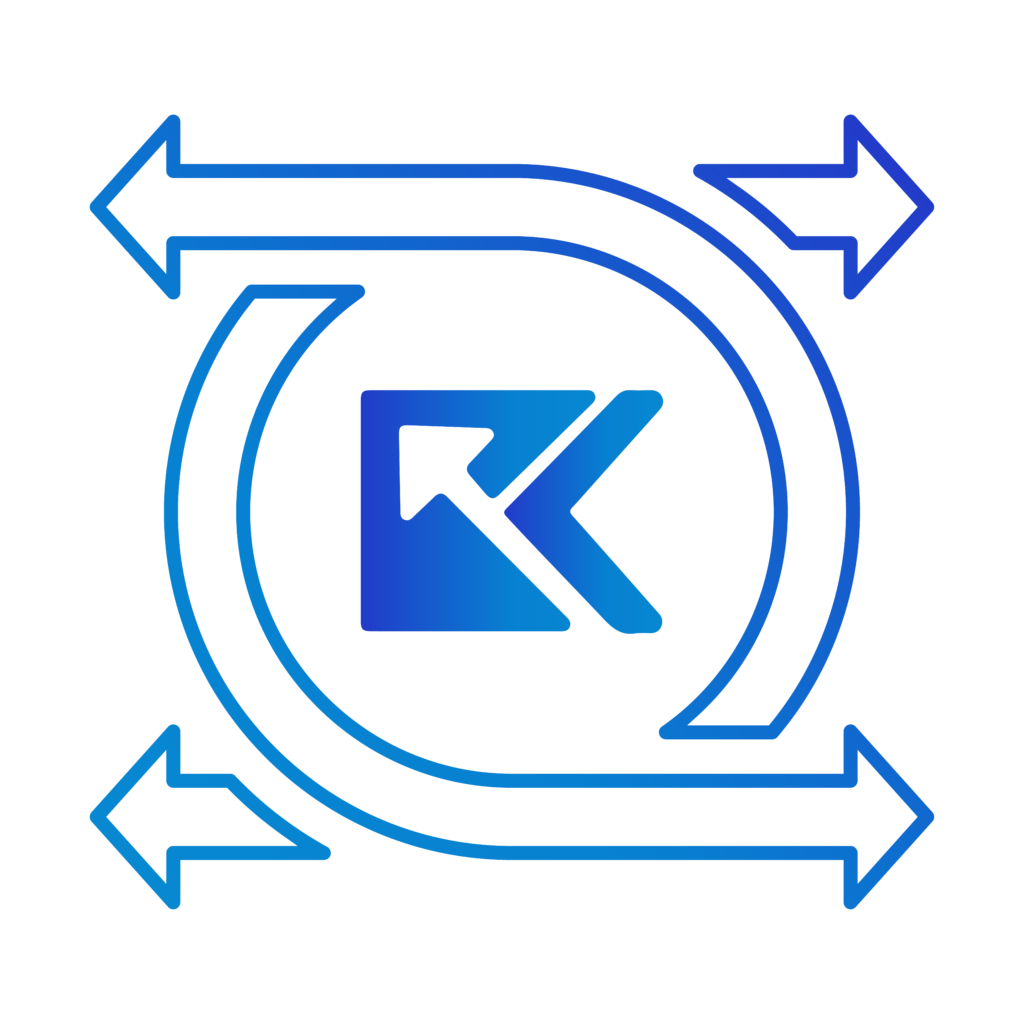
We handle returns, defective items, and product exchanges, ensuring a smooth process for your customers and your business.
Partner with the leading fulfilment centre in the third-party logistics industry, powered by state-of-the-art 3PL software. Elevate your supply chain efficiency and accelerate your growth.
Third-Party Logistics (3PL) allows small businesses to minimise operational costs, enhance delivery efficiency, and scale operations without the need for significant infrastructure investments.
Absolutely. 3PL services are tailored for eCommerce businesses, offering solutions such as warehousing, picking, packing, and streamlined delivery to ensure customer satisfaction.
Key 3PL services include inventory storage, order fulfilment, shipping, and returns management, all aimed at simplifying your supply chain.
It is an advanced system designed to streamline logistics operations by managing orders, inventory, and tracking in real-time, ensuring accuracy and efficiency across the supply chain.